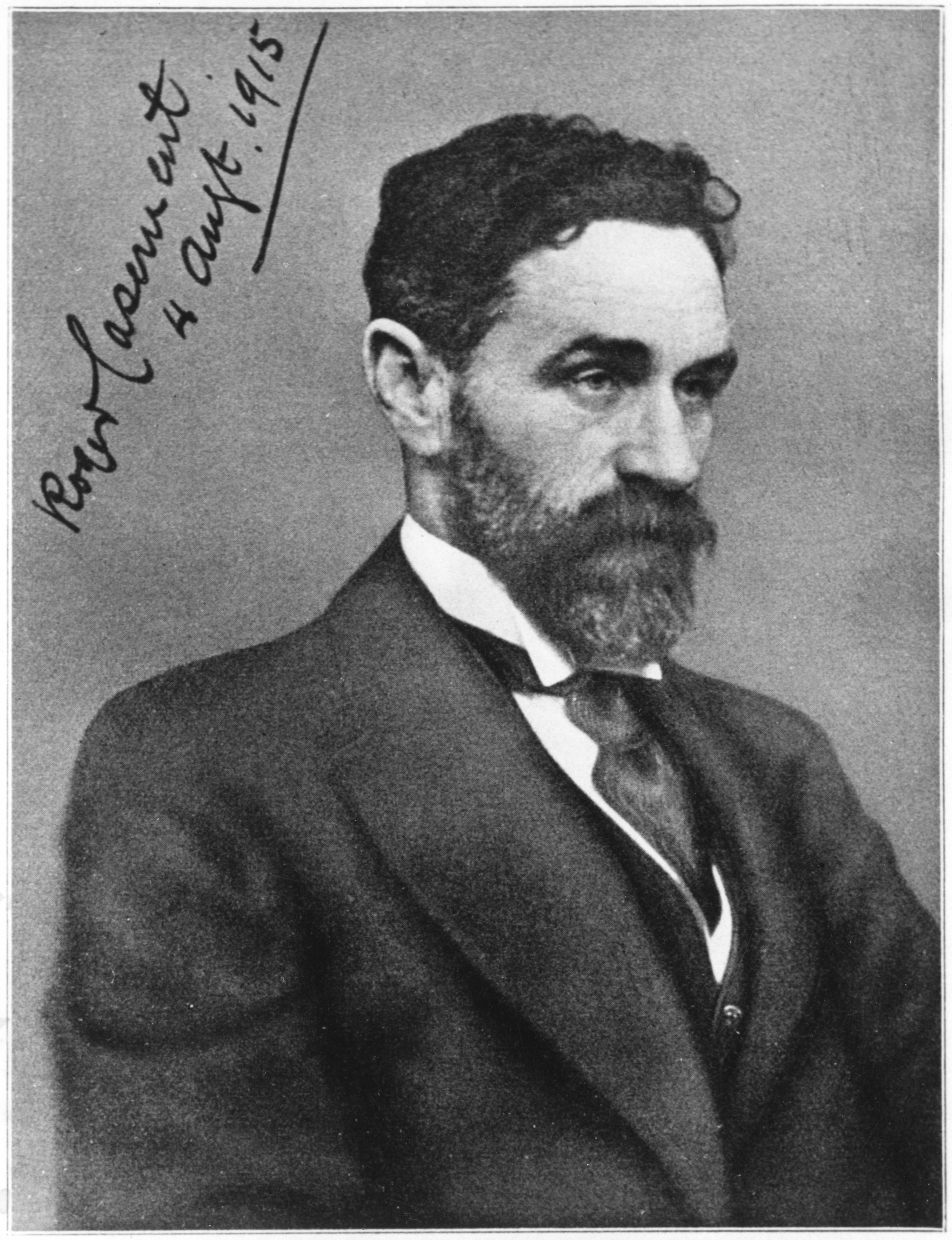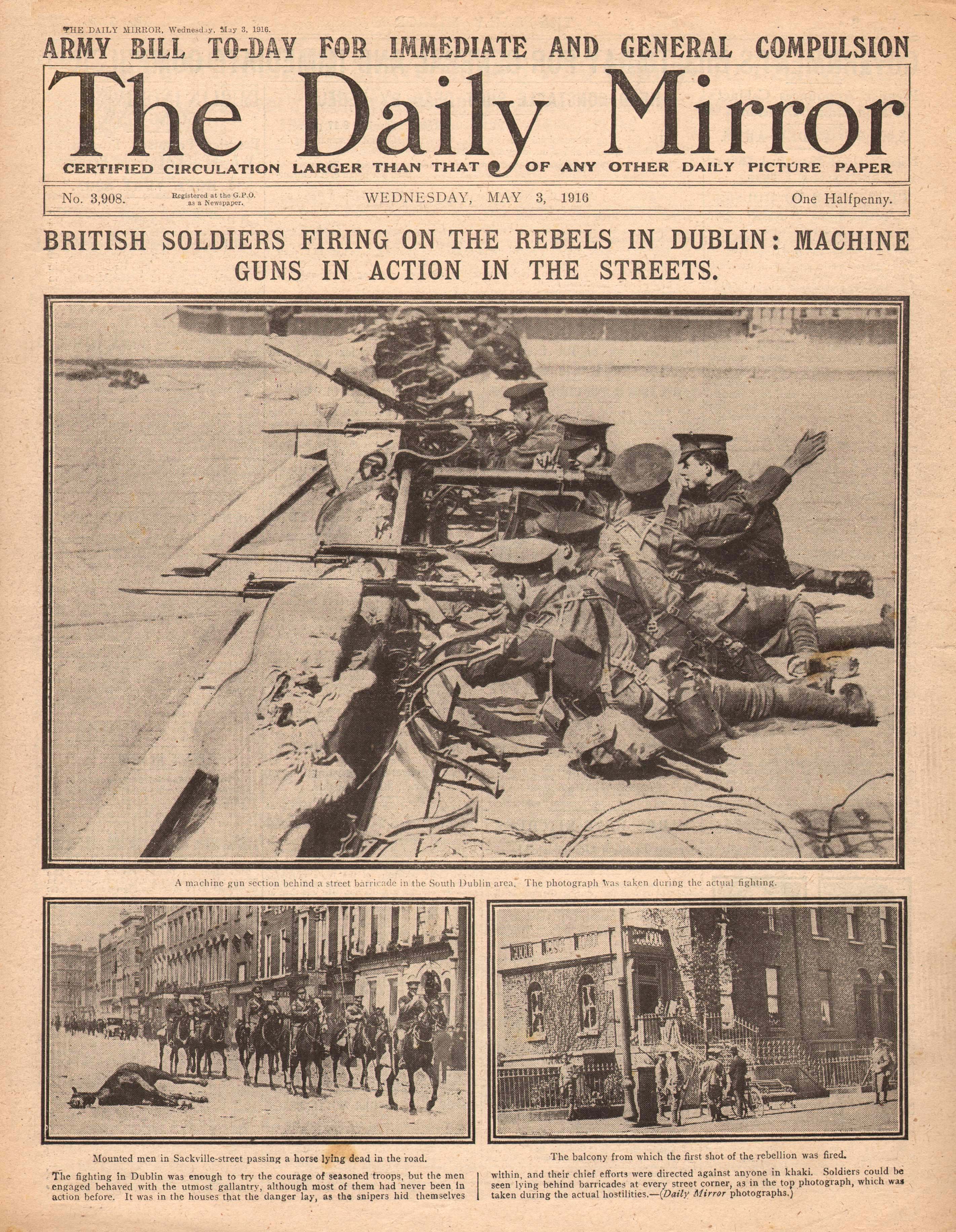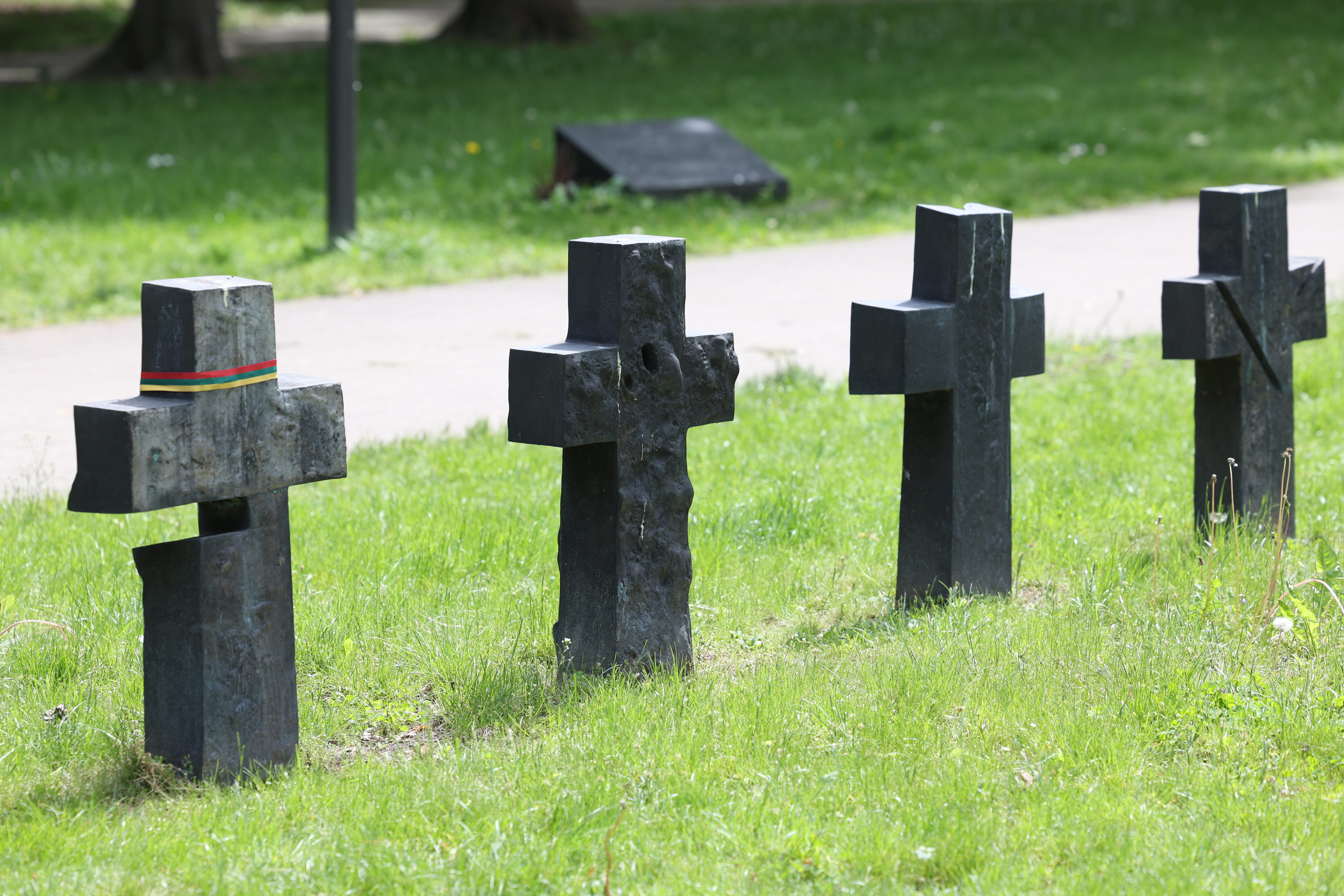More useful dead than alive (II)

Very much like genocide
Ireland was not the only country where English rulers had its own interests, so the island has lived a double political life for decades.
At one point, she was bound by obscure relationships with the big neighbor, but at the same time everything was more or less boiled in her own juice.
1534. Ireland’s Great Thomas Fitzgerald (1513-1537) tried to challenge Henry VIII (1491-1547), the ruler of England and lost not only political power but also his head. A special law was issued, automatically turning the ruler of England as King of Ireland.
Later Catholic and Protestant Vaidai in Ireland was not only in battles, but also in the English authorities, such as the confiscation of land and the promotion of newcomers to force Irish inhabitants to convert to Protestantism or displace them from more fertile territories.
1641. In October, Irish fighters, led by the aristocratic Feilim Rua O’Neil (1604–1653), began their uprising, and later (1642) the city and the world were declared the establishment of the Irish Catholic Confederation, but as early as 1649. Oliver Cromwellis (1599-1658), an increasingly powered power in England, struck the island as no other English ruler had struck before.
It is estimated that the island of fights, illnesses and hunger may have lost about one -fifth of its population. August 12 was released by persons who participated or supported by the uprising or supported the land, ie, in virtually everyone who did not openly resist the rebellion in the name of the Commonwealth with England, legalizing the law.
At that time, a number of Irish people were sent to slavery, deported to overseas edges (eg Barbados), or forced to move to the western part of the island, known as Conchto.
Heroes: 1915 August 4 Portrait of R. Casement with his signature. He was an Irish patriot, poet, revolutionary, nationalist and human rights defender, who has executed the death penalty for betrayal in Pentonville Prison, London. Photo by Scanpix
Unequal partners
At the end of 1798 For spring, another uprising broke out on the Ireland Island, where the French were trying to get involved in the Irish side.
This is a rebellion of the so -called Joint Society of Irish, as well as previous attempts to resist the British Crown authorities, was suppressed by the British forces, and a few years after the uprising, 1800-1801. British parliamentarians adopted the ACTS of Union 1800.
They announced the establishment of a new state – United Kingdom of Great Britain and Ireland.
At first glance, both islands seemed to have become a full -fledged part of one organism, but on the island itself, for decades of English settlers or English loyal to the English, the highly political and economic power of Irish families converted to Protestantism, and acts that allow Catholics and Irish Catholics to achieve place was admitted to the institution in 1829-1832.
Our enemies are strong, wise and prudent, but no matter how strong wise and prudent, they cannot destroy the wonders of God, who matures the seeds of the previous generation of men in the hearts of young people.
This meant that most of the island’s inhabitants were increasingly illuminated by impoverished and no possibilities for the future of the rural poor, leasing or serving there.
1803 The uprising associated with Robert Emmet (1778-1803) in the summer was probably the most tragicomic attempt to win Ireland’s independence.
Although Emmet and his friends were hoping for crazy mass support, only a few dozen people joined them, and they were poorly armed, strangely dressed and probably intoxicated.
They were hoping to occupy Dublin Castle and announce it about the uprising, but everything went so slowly that apparently, the British authorities themselves did not immediately realize that they were armed with armed rebellion.
Dissemination: 1916 The first page of the Daily Mirror daily, featuring photos of British soldiers shooting in rebels during the Easter uprising in Dublin. Photo by Scanpix
The phenomenon fraternity manifested itself
Subsequent 1848 Summer and 1867 Attempts to win independence also suffered a failure (although there were fewer comicism), so perhaps the most famous and respected 19th century. The hero of the Irish was politician and lawyer Donall O Conell (Daniel O’Connell, 1775-1847), who was mainly aimed at moderate measures.
1843 He traveled around the island and tried to tell the giant, open -air crowds of the ideas of a peaceful separation from Great Britain, but as early as 1844. In the winter, he was charged with conspiracy and destructive activities.
He lost his fight in the courtroom and was sentenced to 1 year in prison and 2,000. Pounds fine.
As a result of this apparently politically motivated judgment, Donal has earned not only a large part of the Irish, but also a number of British sympathy, but the stress suffered during court processes has been severely damaged by the health of the seventies.
1845 Irish people were caught by a huge hunger (Irish « an gorta mor »), which, due to the death of potatoes and political decisions, killed or forced many locals to emigrate to other countries (eg USA)
And since 1881. January 14th. until 1885 January 24th The British society was shaken by a whole series of explosions that killed four people and injured dozens.
This is how the world learned about the so -called phenomenon fraternity member Diarmaid ó Donnabháin Ros (1831-1915), also known by Jeriamiah O’Donovano Rossa, who organized these bombings while living in the United States.
When Mr O’Donovan Rossa died, his young like -mindedly planned a military uprising, so the transport of extremist remains to his native island was used to fuel the rebellious moods.
« It’s a place of peace for the dead, a place where people should speak sincerely and restrained, but I, like O’Donovan Rossa, think that Christian to hate evil, untruth and oppression, and hate to seek over. Matures the seeds of the previous generation, miracles. August 1 Patrick Henry’s Pears, the son of Anglo and Irish, spoke loudly.
He was not only a political activist, but also an educator and poet, as the rebellious moods of the island were incited not only by political and social grief, but also by increasing interest in his ethnic roots, the remains of pagan Celtic culture, as well as the realization that something different from the rest of the British islands and the continent.
Battles: 1916 The photo captured in April captures the O’Connel bridge and the center of Dublin after the Easter uprising battles. Photo by Scanpix
Easter: The uprising began
With the outbreak of the Great War (1914-1915), most Irish political figures were dilemma due to the fights on the continent.
The temptation to distance himself from events in Europe was truly tempting, but there were quite a few, such as Roger David Casement (1864–1916), who decided the need to take advantage of the British involvement in the World War and seek support to the British opponents.
Until recently, this Irish British diplomat helped the whole world learn about the horrors that took place in the current lands of the Democratic Republic of the Congo (1835-1909), which took place in Belgian King Leopold II (1835-1909), and now, as World War I, he sought to establish contacts with the Second Reich (1871-1918) To light up in Ireland.
The uprising began in 1916. April 24 On Monday, on the second day of Easter, more than a thousand two hundred fighters occupied important places in the center of Dublin.
They drove civilians, took captive police officers and, after securing the necessary measures, introduced themselves to the barricades, but the British authorities, after hearing about the announcement of the Ireland Republic, prevented the rebellion to be suppressed by significant forces strengthened artillery.
For almost a whole week, fierce battles cooked on the city streets, which killed 485 people (mainly civilians), but the British authorities surrounded the most important rebel positions until Saturday, and pH Pearses and his fellow travelers were forced to surrender.
Three days before the uprising, 1916 April 21st. Upon arrival, the German submarine in his native Arya, with two satellites, landed the overseas RD Casement for several months.
He was grabbed the same day, and later the same in 1916. In the summer, he was charged with betrayal of his homeland.
He also lost his legal struggle, but it is not excluded that both he and his pH Pearses and his fellow people were well aware that all their struggles for the independence of the island were over.
It is also speculated that they have come to terms with the fact that they will be more useful to the ancestral region than alive.









:format(jpeg):fill(f8f8f8,true)/s3/static.nrc.nl/taxonomy/bf9b707-commentaar-itemafbeelding-2024.png)